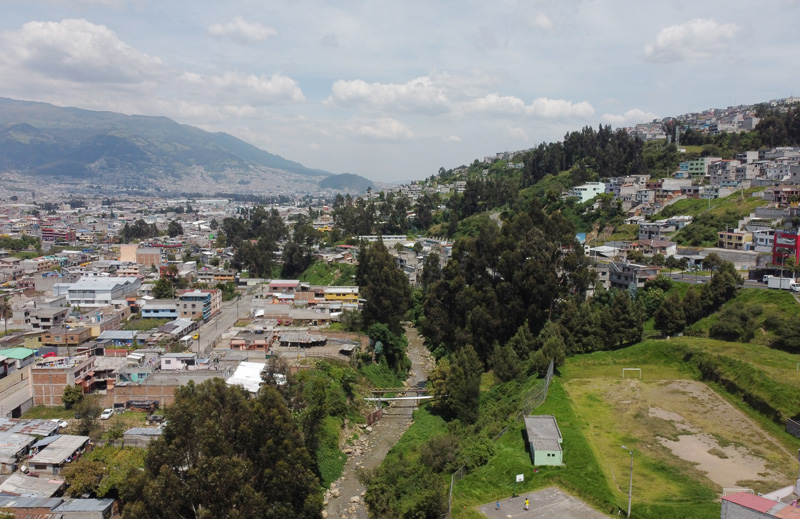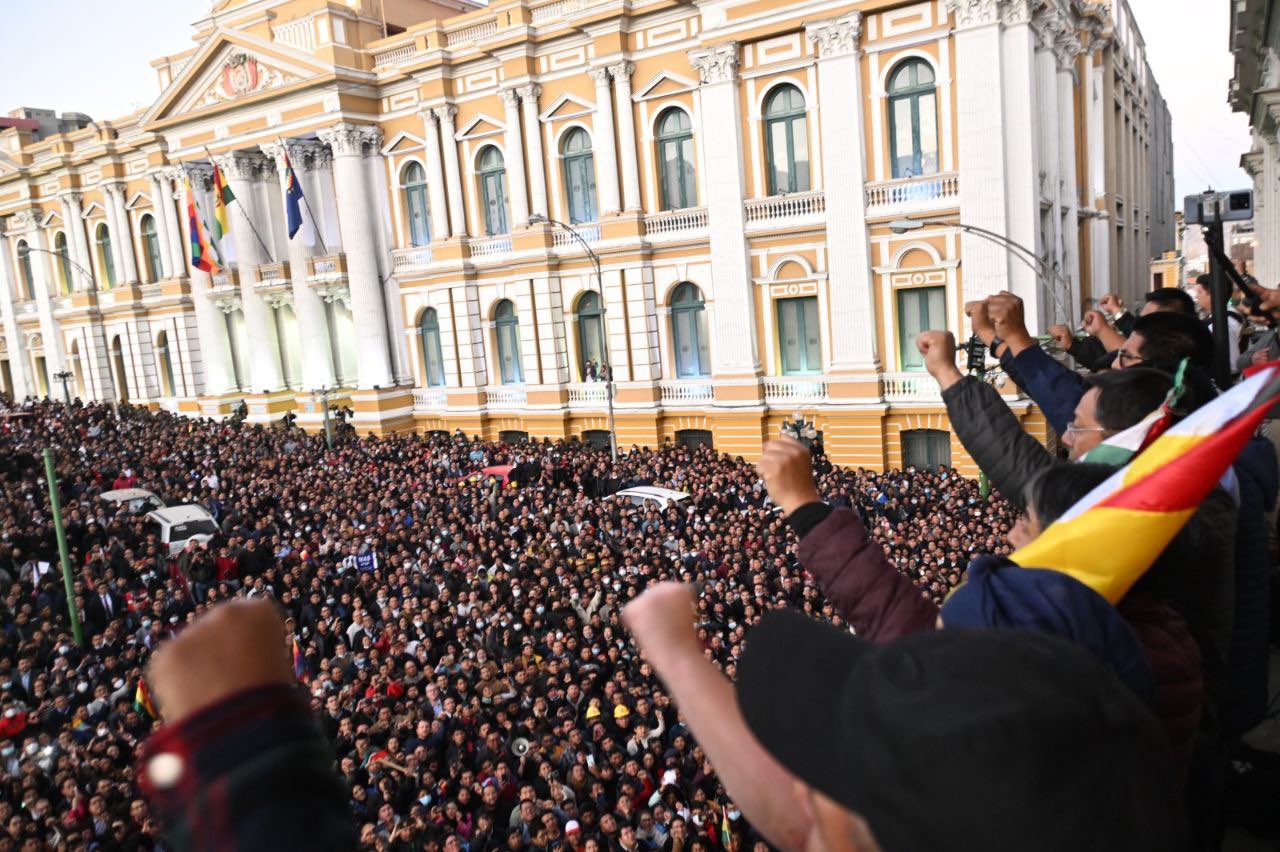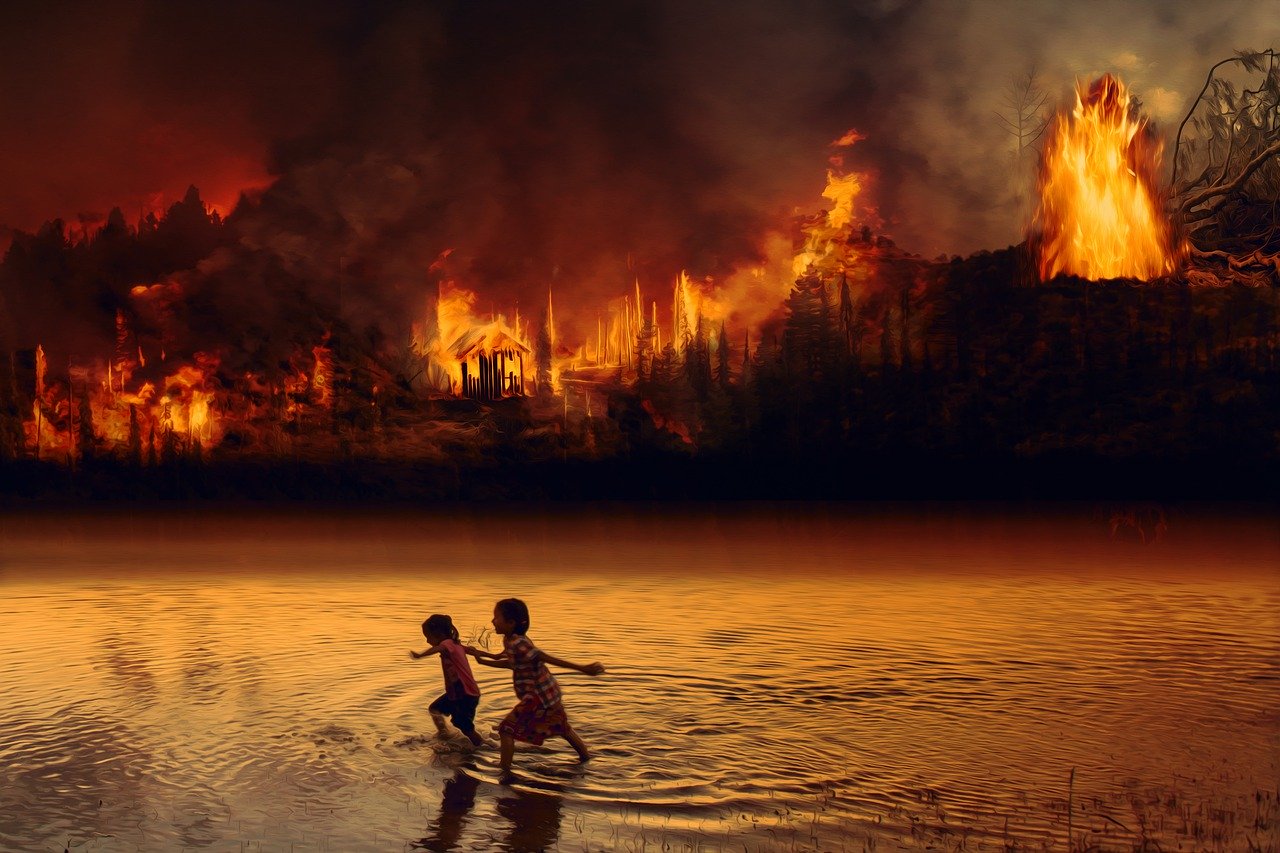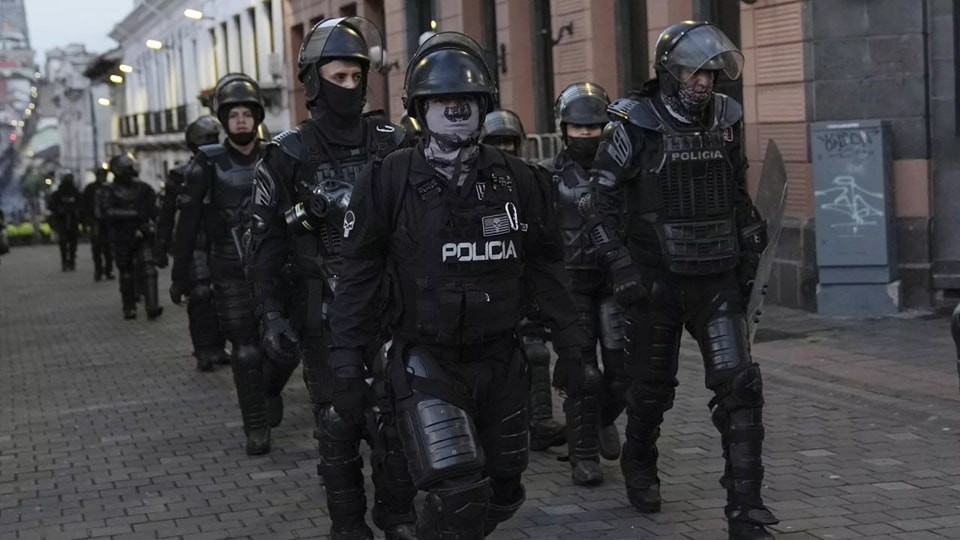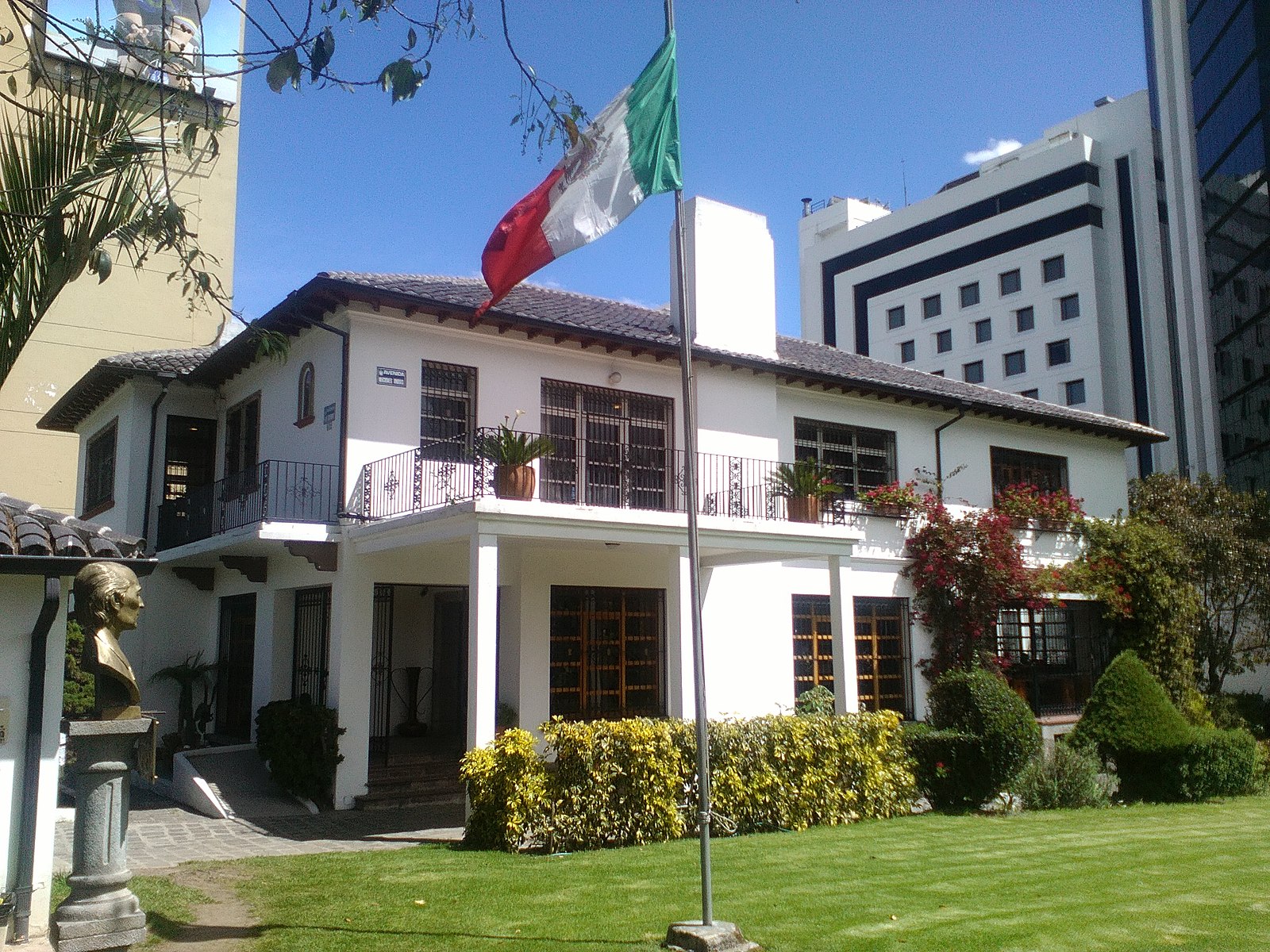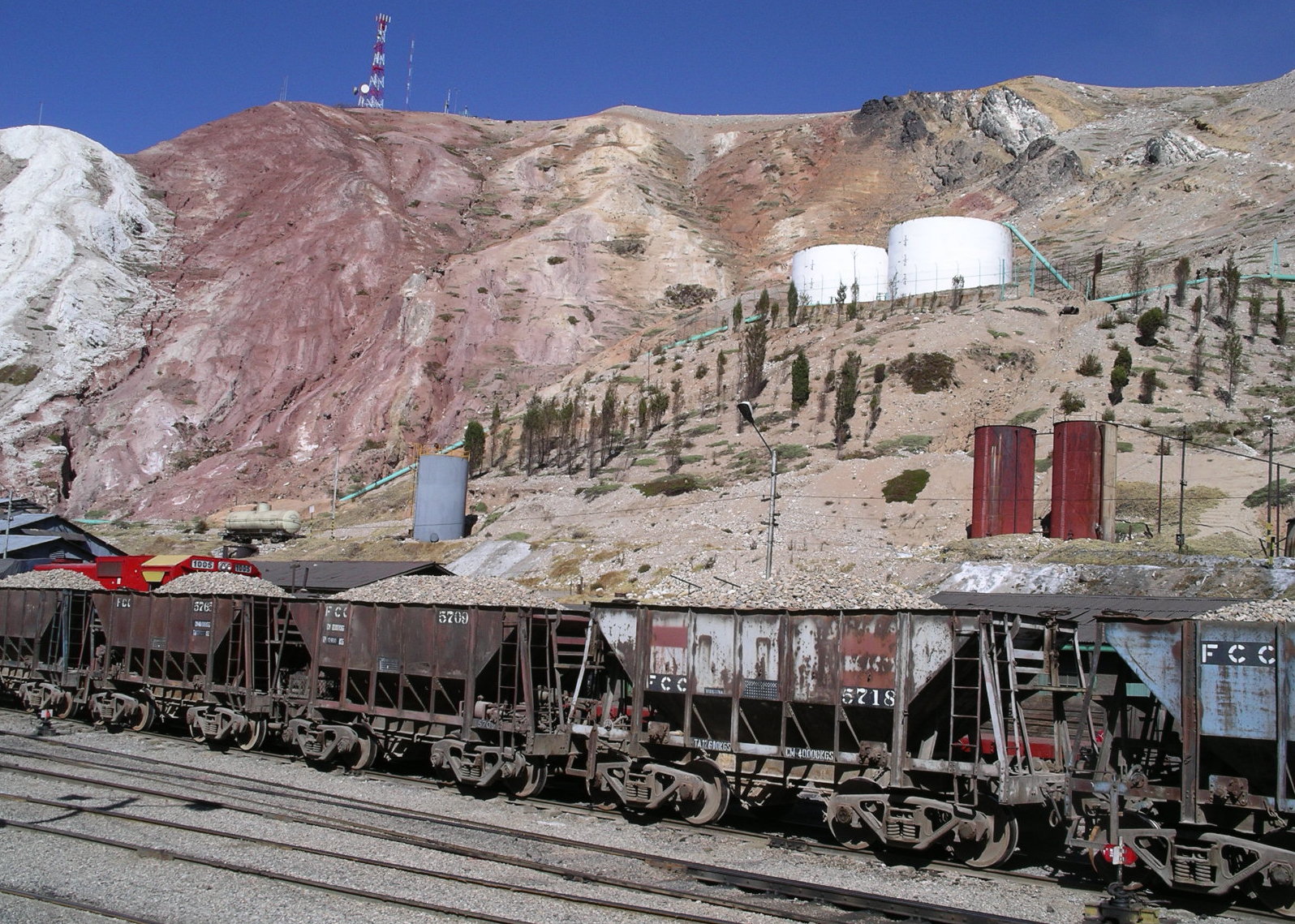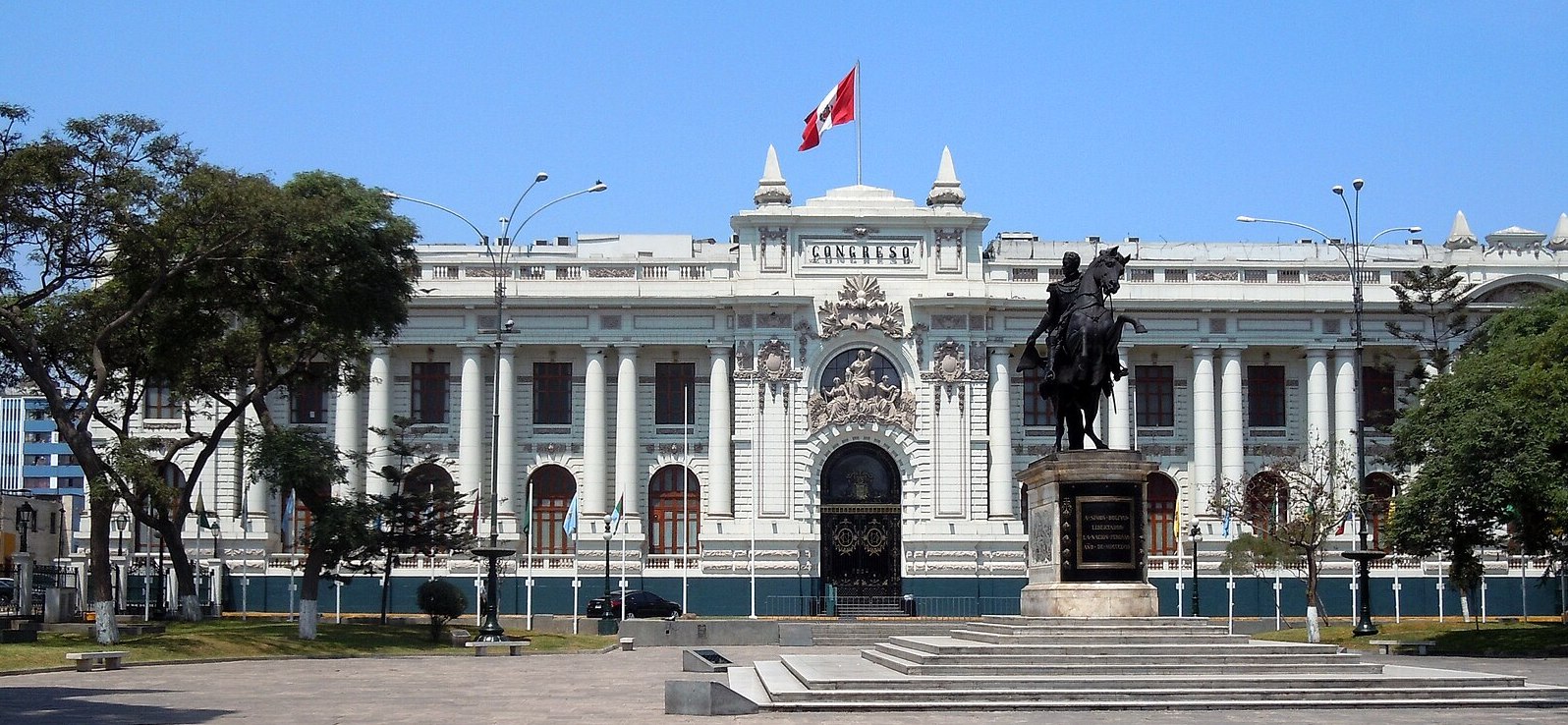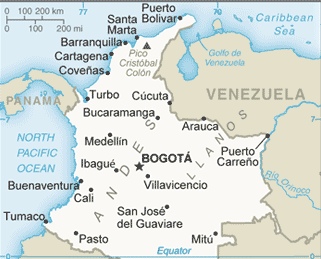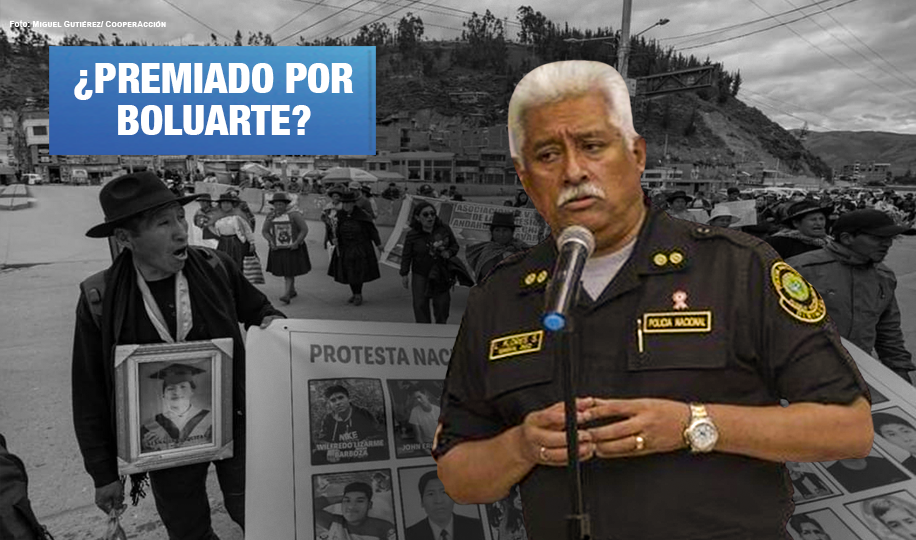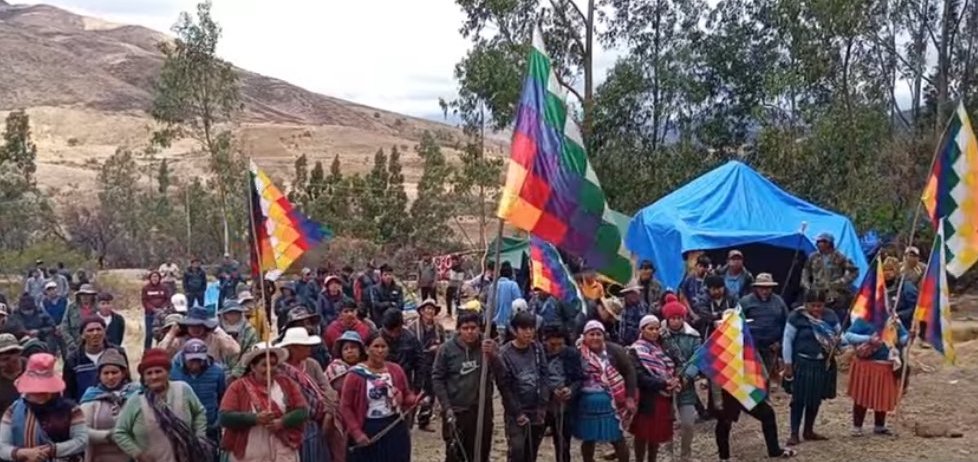
Bolivia: police attack protest roadblocks
The national police force of Bolivia announced that they arrested 44 protesters after supporters of former president Evo Morales set up more than 20 roadblocks on highways across the country to prevent his arrest. The police accused protestors of crimes including attacks on transportation, usurpation of functions, armed robbery and terrorism. The interior ministry condemned the the protesters’ use of weapons including dynamite, rifles and shotguns, claiming that several officers have been injured. YPFB, the state-owned oil and gas company, stated that due to the highway blockades some regions of the country face a natural gas shortage. (Photo: HormigaInsurgente)



